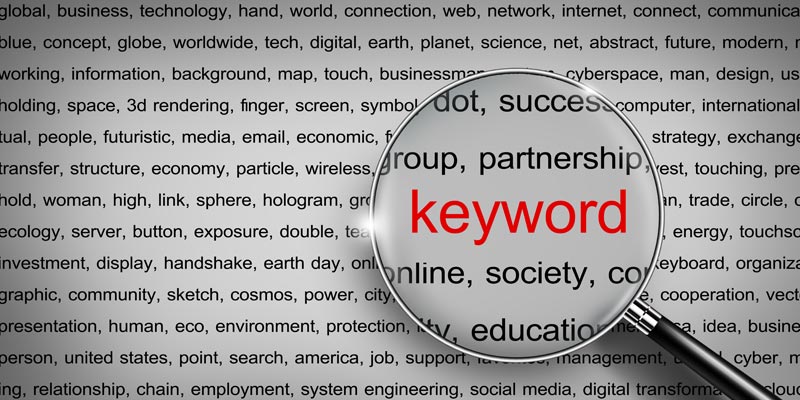

Since its inception, search engine optimization (SEO) has been built on the principle of
maintaining leadership over competitors. The previous method of search engine optimization
relied solely on keywords and links. Search engine optimization receives its transformation
through NLP because the technology enables both query understanding along featured
snippet-organized data creation.
This article explores NLP effects on your SEO plan and BERT automation tools that transformed digital marketing, as well as providing strategies for modern machine-learning SEO enhancements. The following article will explain NLP operations and demonstrate methods for developing content with improved rankings alongside better audience engagement potential.
Computers can interpret human language at a deep level through NLP, which represents a subdivision of artificial intelligence. Google utilizes Natural Language Processing (NLP) models represented by BERT to decode the word relationships that exist between sentence grammar, along with text context.
Through NLP, search engines gain the ability to recognize the actual message behind user search requests. Keywords embedded within a page no longer satisfy search engines because content should show proof of understanding and delivering results according to user search intent.
The deep-learning algorithm known as BERT (Bidirectional Encoder Representations from Transformers) entered the market through Google in 2018 to analyze queries through sentences instead of focusing exclusively on word-level matches. Machine processing of language reached a significant milestone with this innovation. BERT enables search engines to grasp extensive search queries by considering complete sentences.

The developments of MUM (Multitask Unified Model) and voice search integration have extended the
transformation of natural language processing since its global release.
Several particular methods exist by which NLP enhances SEO performance, including:
The NLP algorithms determine whether your content adequately addresses both the topic demands and user intentions. Blog posts that provide meaningful content instead of simple keyword iterations will receive better search engine rankings through NLP evaluation.
NLP evaluates text tonality through its software algorithms to establish positive or negative output. NLP mechanisms can affect your search appearance in both featured snippets and local pack results.
The search tool set provides NLP-based insights that boost keyword research and on-page SEO functionality, which could easily be tweaked by contacting an efficient link building agencies like Bud Creative Advertising Agency. The tools evaluate the level of semantic connection between your content and its corresponding topics and related terms.
The increase in users who perform voice queries makes it essential to comprehend human speech patterns. Through its structure, processing NLP develops content that follows natural dialogue instead of written text formats.

To effectively utilize NLP in SEO, focus on the following techniques:
Structured H1, H2, and H3 headers are necessary for arranging your blog content because they enhance its organization. Structured data markup from Schema enables search engines to better categorize your content, maximizing your search visibility. The probability of appearing in featured snippets will be higher when you implement the structured data markup with your content.
Write content that includes machine learning terminology, along with search query terms and natural language processing NLP definitions. Your content will receive a better ranking from Google when it demonstrates its knowledge across various subjects while providing in-depth explanations.
SEO toolkits along with NLP-related blogs are available on various websites to support your NLP application in SEO efforts. These particular websites provide exceptional features for monitoring content quality while determining keyword performance.
A good backlink profile is still a ranking factor. Try to get backlinks from authoritative sources that focus on NLP and digital marketing. This will help your profile get a stronger ranking with sources that have a high authority score.
Too frequent occurrence of target keywords will influence NLP algorithms to deliver reduced ratings to text. Natural language combination with semantic concepts needs to become your central focus.

BERT evaluates words in context. The placement of keywords is insufficient because your text requires structural support for every term to be effective.
The detection of topic clusters in content is possible through internal linking mechanisms. A site optimized for machines becomes easier to understand when its content connects with suitable internal links that link related materials.

A list of NLP-based tools exists which deliver enhanced SEO performance includes:

NLP in SEO isn’t just a buzzword; it’s the future. Your successful SEO performance demands an immediate adoption of NLP to optimize all aspects of content development and keyword operations. To integrate NLP in SEO of your website and make it a success, join hands with an SEO company in Bangalore today.
The use of NLP technology will secure your position as you create blog content or implement SEO strategies, or attempt to generate featured snippets.
Use your preferred SEO tool to launch an SEO Ideas campaign that will verify the compliance of all on-page factors after publishing your content. The evaluation process will reveal more information, which will optimize your ranking results.